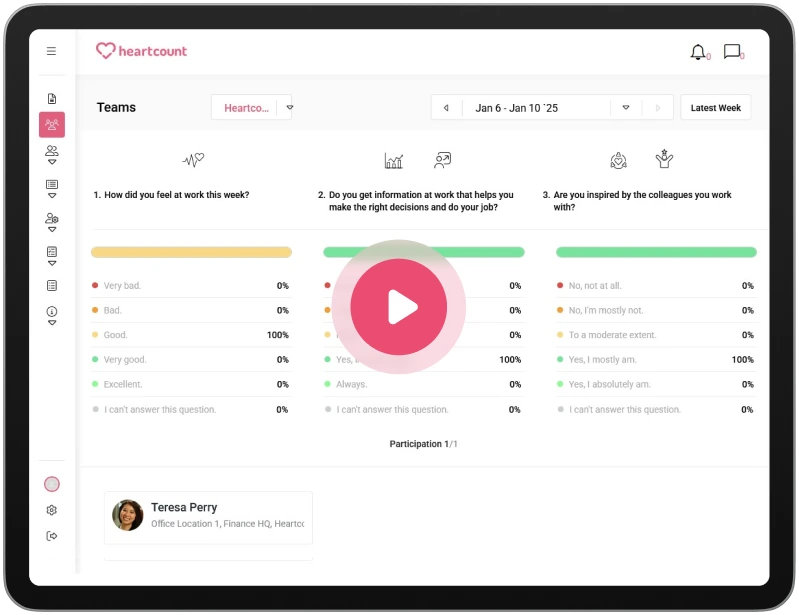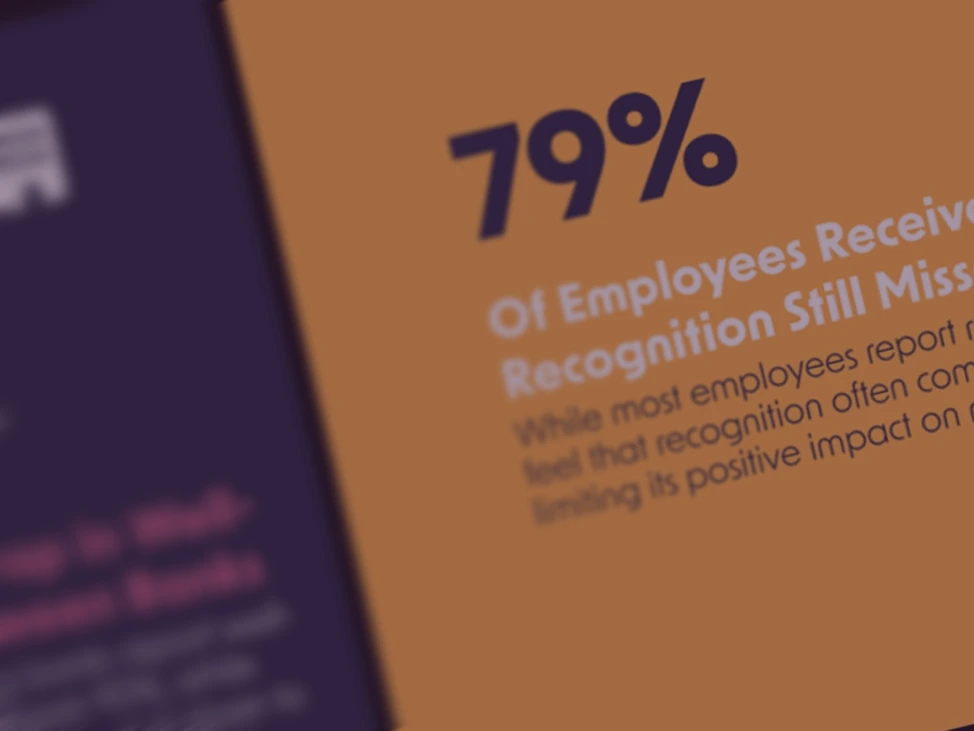10 Warning Signs You Are Unhappy at Work

Do you hate every new workweek and feel miserable at the mere thought of your job, office, to-do lists, boss, or coworkers? This could be a clear sign of job dissatisfaction.
While some may find these feelings enough to consider a job or career change, the signs may not be obvious to others. Given that we spend a significant portion of our day at work, signs of workplace unhappiness shouldn’t be ignored.
Do you hate every new workweek and feel miserable at the mere thought of your job, office, to-do lists, boss, or coworkers? This could be a clear sign of job dissatisfaction.
While some may find these feelings enough to consider a job or career change, the signs may not be obvious to others. Given that we spend a significant portion of our day at work, signs of workplace unhappiness shouldn’t be ignored.
Signs You Might Be Unhappy at Work
Recognizing the symptoms of unhappiness and reflecting on your career goals can help you pinpoint the root problem.
1. Procrastination
If you usually postpone tasks and wait until the last moment to complete them, you likely experience procrastination. Over time, procrastination results in poor outcomes and negative feedback and is a strong sign that an employee feels unhappy at work.
Moreover, your dissatisfaction will grow if the human resource department regards procrastination as a personal weakness and laziness.
Don’t ignore this sign, especially if you are often dedicated to your job. It can trigger guilt, stress, and ultimately negative emotions, such as low self-esteem, anxiety, and mental health challenges.

2. Lack of initiative
If you find yourself avoiding tasks you typically handle or being passive during team meetings, you may be experiencing job unhappiness.
People motivated by their current company role have high initiative, feel fulfilled, and are eager to contribute.
Whether it’s an emergency or you simply noticed some problems, if you are “still into your job” you will rush to help.
Thus, when was the last time you actually engaged with your team members?
Related: What is Happiness at the Workplace and Why It Matters?
3. Negative attitude
Are you the one constantly complaining about tasks, colleagues, and company rules? It might not be about these issues. It could reflect your feelings about your company. Keep in mind the word “constantly”.
So, it’s normal to have bad days or experience frustration about something at your job. But if negativity becomes your default state of mind, you may face job dissatisfaction.
Employees with a negative attitude won’t be eager to participate in team activities or collaborate with colleagues. Here is an example.
You have a colleague who has just started working in your company, and he or she needs your help to become familiar with the processes and the entire work environment. However, you don’t feel like offering a helping hand. Instead, you vent your frustration about your work, team members, and company in general.
4. Boreout
Every job involves some tedious tasks, and it’s normal to get bored at work occasionally. But if your boredom is not temporary or related to specific aspects of your job, you are experiencing boreout.
Lotta Harju, an assistant professor of organizational behavior at EM Lyon Business School, described boreout as “chronic boredom,” characterized by meaninglessness and feeling that your work has no purpose.
One of the first things workers who face boreout do in the morning is calculate the hours they will spend at their job. Unhappy employees feel the workday is even longer than it actually is.
On the contrary, happy workers who are satisfied with their work get into the working flow and simply forget the time.
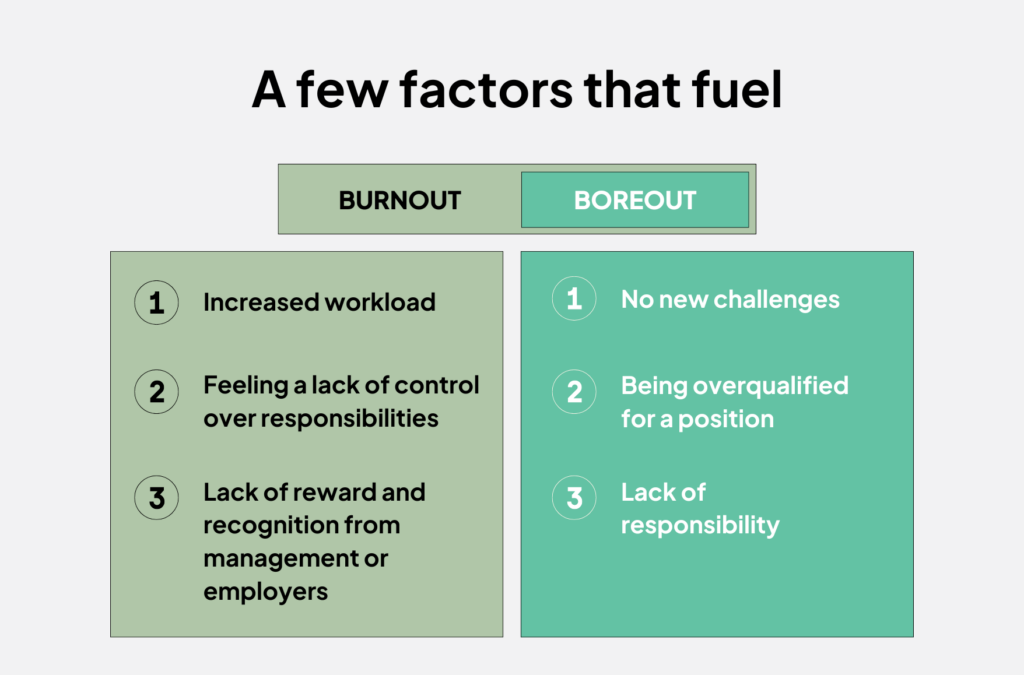
5. Reduced interactions with colleagues
Unhappy employees often prefer to work in isolation. They don’t engage with colleagues and avoid participating in team-building activities and collaborative projects.
Involving themselves in team activities and developing close relationships with colleagues shows that employee feel like part of the team.
Furthermore, recognizing and praising colleagues enhances the connection between team members, positively impacting work happiness.
Considering how much time you spend at work, nurturing healthy relationships, and social interactions with your colleagues is normal.
Hence, if you fail to develop a meaningful relationship with at least one person at work or experience a toxic work environment, you won’t be able to feel truly happy.
6. Poor performance
Common signs of unhappiness at work can be found in work quality and performance.
According to the Harvard Business Review study, 90% of business leaders agreed that engaged employees perform better.
Moreover, engaged and satisfied employees drive performance up to 150%. They invest additional time, effort, and energy to contribute to the company’s success.
So, If you were a high performer and dedicated to your work, and now start missing deadlines, submitting incomplete work, or consistently failing to meet targets, that should be a red alarm.
7. Pettiness
From the moment you get to work until the end of your working day, countless small things seem to get on your nerves and make you edgy. Someone didn’t clean their table desk after them, someone is talking too loudly in the office, or someone took too much space in your parking lot. Every little thing bugs you.
When you’re unhappy, even the most minor things seem much more irritating than usual.
8. Burnout
One of the worst things about being unhappy at work is that this unhappiness is reflected in your personal life and influences the time you spend with your loved ones.
A recent study revealed that around 70% of employees experience unhappiness at work, often due to feelings of being overwhelmed or struggling to maintain a healthy work-life balance.
If you’ve had a lousy day at work, it’s tough to come home and forget about your worries. If your whole week at work was terrible, having a relaxing, exciting, and carefree weekend is difficult.
Many successful companies offer flexible working as an employee benefit to prevent these feelings. This can significantly improve productivity, work-life balance, and employee satisfaction.
9. Distrust
Distrust can also be a sign of unhappiness at work. It can be reflected in a constant sense of suspicion toward others.
Regardless of what people at work do, you worry about their motives. Every action your colleagues take is viewed with doubt.
You feel you cannot trust anyone, as you don’t know who might be working behind your back. These feelings consume much more energy than any task you may have.
If you perceive your surroundings as a toxic work environment where you don’t feel comfortable, it could be a sign you are deeply dissatisfied and unhappy in the workplace.
10. Stress
If you are accumulating stress over time it can lead to numerous psychological and physical problems. Christine Keller, a licensed counseling psychologist, warns, “Going to a job you hate every single day can put you into a state of desperation.”
Besides having negative reactions to your coworkers and the work environment, stress and unhappiness at work can cause physical pain, such as tension, headaches, low energy, muscle tension, and other symptoms.
Furthermore, work-related stress can provoke digestive issues, insomnia, fatigue, and depression. It further impacts your overall mood and concentration, leading to a decrease in productivity.
What Can You Do to Prevent Workplace Unhappiness?
Preventing unhappiness at work is part of your responsibility for your health. Don’t wait for these symptoms to escalate and lead to quitting.
Sometimes, small adjustments can significantly boost work satisfaction, engagement, and happiness.
Feel free to discuss your feelings about the job with your employer openly. If your company doesn’t have any employee experience software, consider recommending it to them.
This will allow you, as an employee, to share your feedback with your employer.
On the other hand, the company can prevent workplace unhappiness by regularly tracking employees’ feelings about their jobs, relationships with colleagues, and the workplace in general. It provides employers with real-time insights that help them truly understand their team’s needs.
HeartCount is one such software. Thanks to weekly pulse surveys with HeartCount, you can answer how you felt that week at your job, what makes you unhappy, and why.
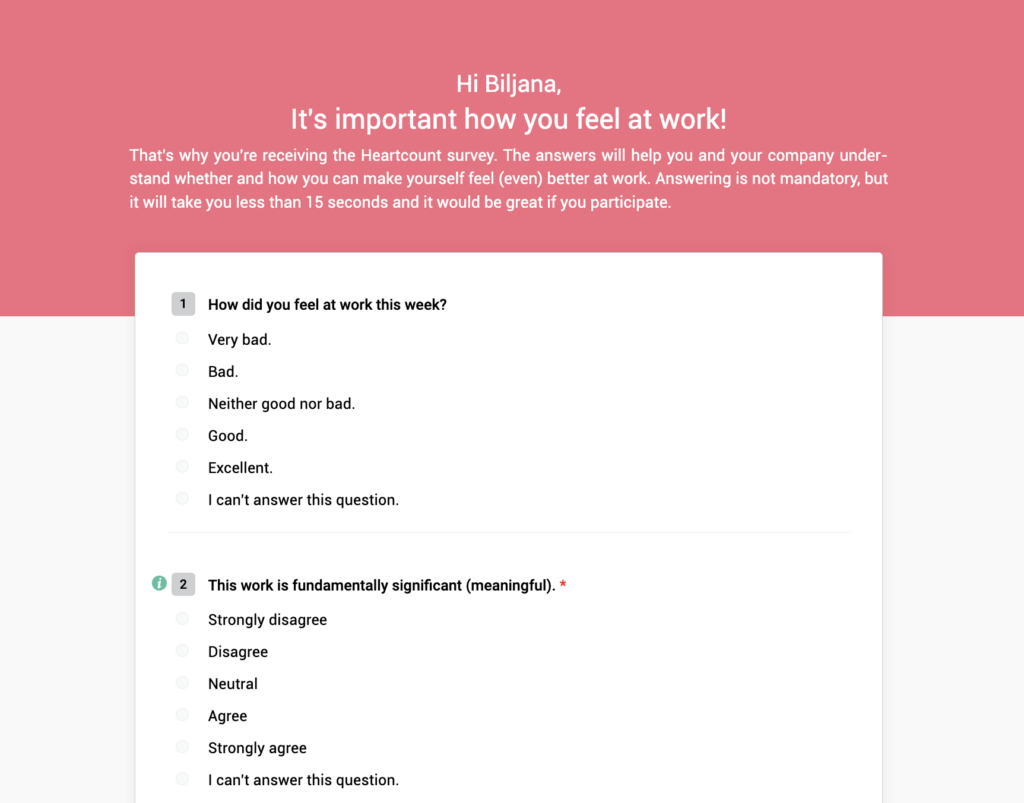
That way, employers can track your satisfaction and well-being, which is the basis for improvements.
You can go a step further. If the survey questions don’t address your issues, you can send a private message to the management, anonymously or not.
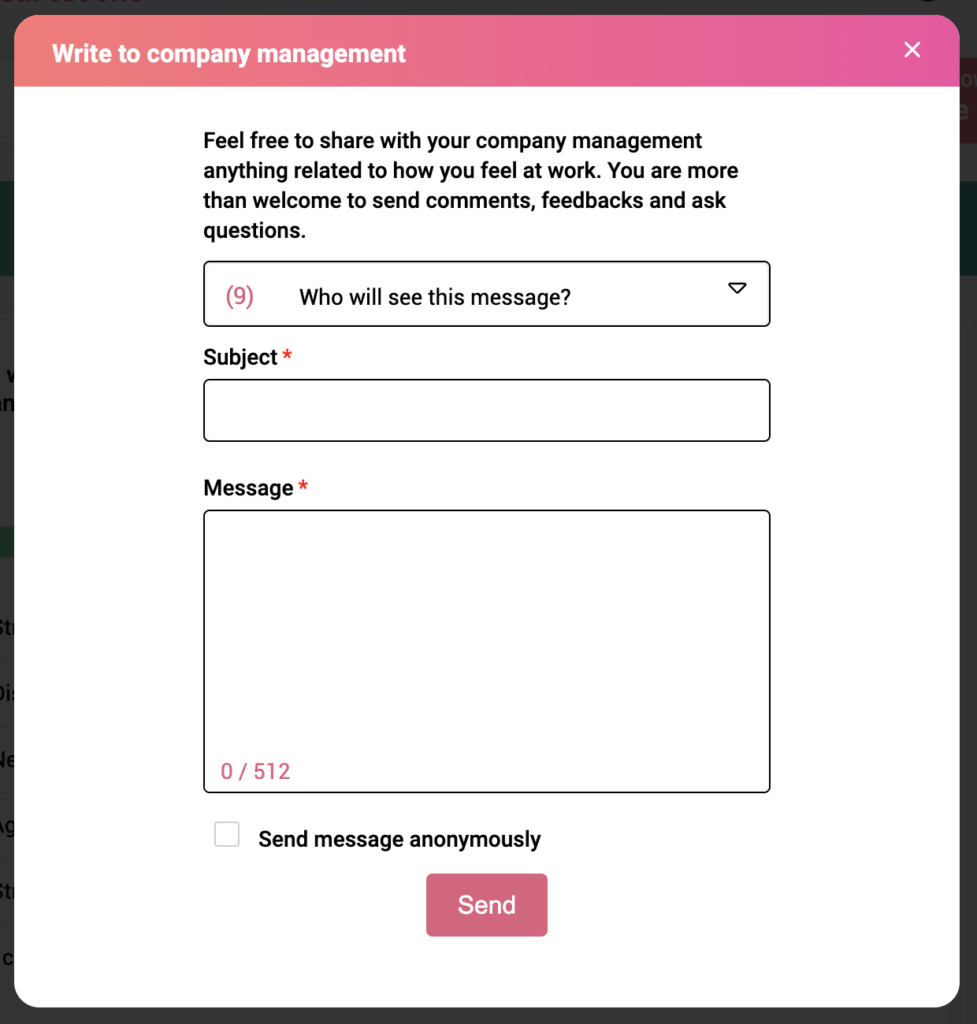
What’s more, with HeartCount, you can write a comment directly to your HR department to request a meeting to discuss your concerns.

By sincerely sharing your feedback with your executives you can take the first step towards feeling more satisfied and happy with your job.






